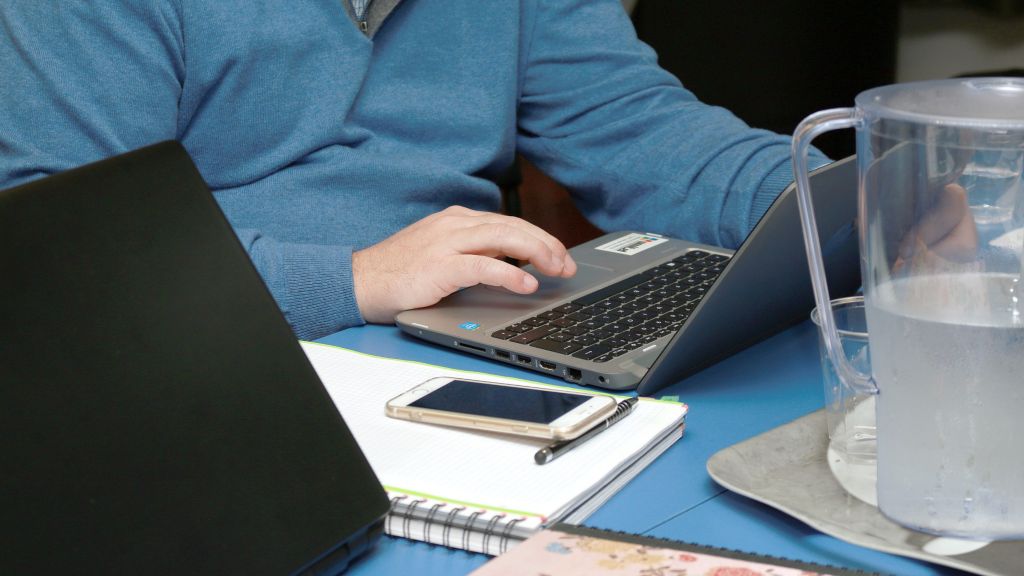
The impact of COVID-19 pandemic and the telecommuting in the european employees It has been analyzed by NFON, a European provider of integrated business communications in the cloud, and Statista Q, a specialist in data collection and market research.
Starting with the question of life satisfaction, the NFON study on ‘Wellness and work from home 22‘ addresses in depth the many stressors and disorders that come with working from home, job change ambitions, trends towards self-medication, as well as the results of the work-from-home paradox.
The study, carried out in Germany, Austria, Italy, Spain, Great Britain, France, Poland and Portugal, has been directed by Professor Dr Christian Montag (Professor of Molecular Psychology, author of books and expert in the influence of digital technologies on human psychology). «The results draw the panorama, in part worrying, of working from home. In psychology, we know that a new work environment, as well as new work circumstances, can cause stress. The ‘Well-being and work from home 22’ Report shows that we have to face a new reality: caring for the well-being and life satisfaction of people who work from home must be the focus of attention. The home office is becoming the new home, it needs constant attention and care so that the new working model in Europe does not have to go to therapy»says Christian Montag.
The paradox of working from home
The change in the willingness of companies to let employees work from home, the present study paints a partially contradictory picture in lThe relationship between work and leisure. At first glance, for example, the results on the question of what has changed since working from home during the COVID-19 pandemic seem contradictory. 28% of those surveyed in European countries state that the amount of work to be done (workload) has increased, and for 25.2% the working hours have also.
At the same time, 36% state that they have reached a better balance between work and personal life and more time for family and friends. Here’s what Christian Montag calls the work-from-home paradox: “People can work more and have more free time. The elimination of long commutes and, in general, a more flexible schedule throughout the day can mean that, if the organization is good, more time is available. Personalized work schedules, digital literacy and other well-being factors may also be the cause. For example, 29.4% say they spend more time exercising and also eating healthier».
Stress test working from home
Stress has many causes, and the European study Well-being and work from home 22′ tries to establish a map with a selection of stress factors. Among the participants, 37% reported feeling stressed to varying degrees. Among others, eating at home (8.7%), a poor internet connection (17.2%) and constant accessibility (19.7%) were mentioned as stress factors. On the other hand, the lack of social contact with colleagues is a stress factor for 35.3% and the absence of separation between private and professional life for 30.3%.
On the contrary, there are fewer who indicate environmental noise (15.9%) and poor remuneration (9.3%) as stress factors. Christian Montag explains: “The areas of work are also areas of life and, in the age of digitalization, they change constantly and very quickly.”
Wellness through self-medication
Working from home is also changing the willingness to optimize not only one’s own physical and mental health and wellness with over-the-counter supplements, but also increase the ability to concentrate and promote relaxation. A trend towards self-medication is emerging among the European population working from home.
34.4% of respondents say they have taken non-prescription supplements (eg melatonin, legal hemp products, plant extracts, vitamins, calming tea) to improve their well-being since the start of the pandemic, 18.2% to increase concentration and 13.4% to recover. Note: Although the data from the six countries is very similar, the situation in Italy and Austria is different: in Italy, 49.7% said they had taken supplements without a prescription to increase well-being, while in Austria it was less than half , with 22.1%.



